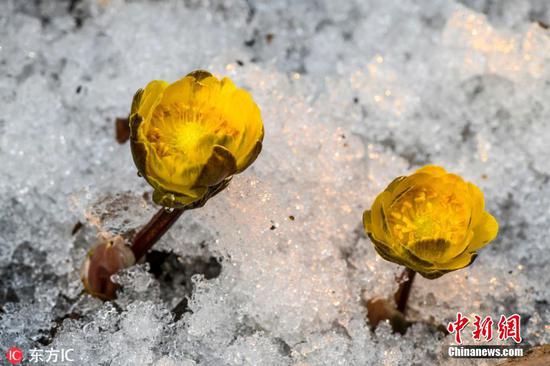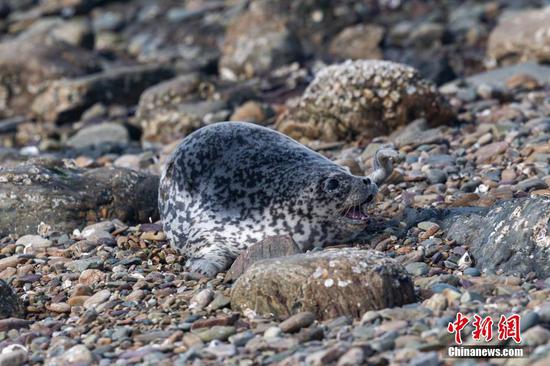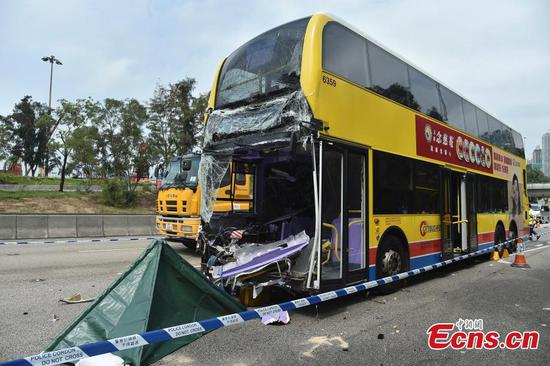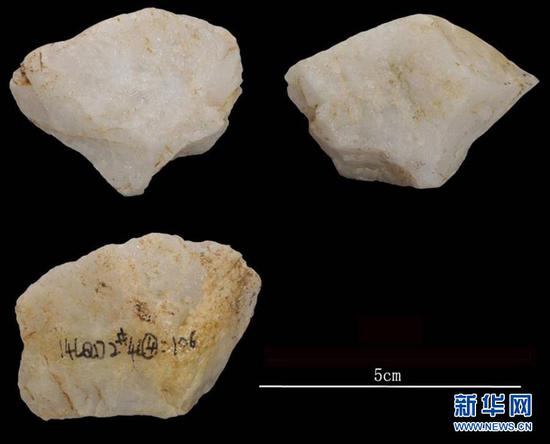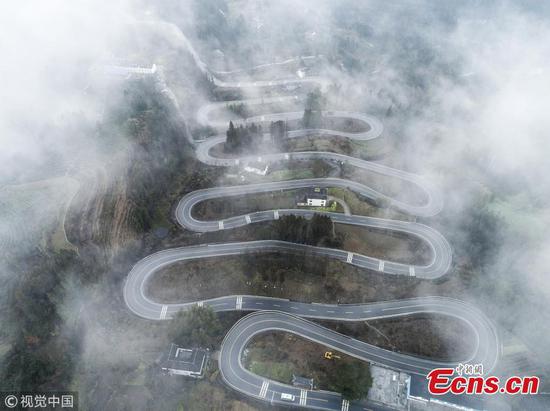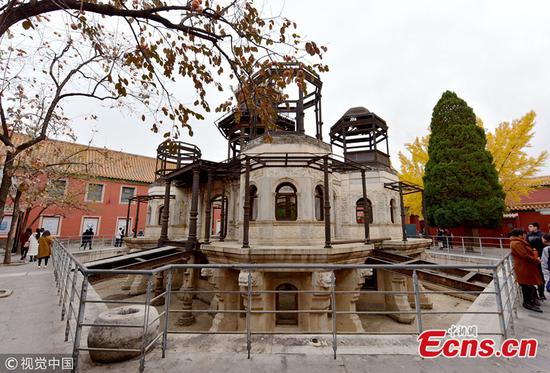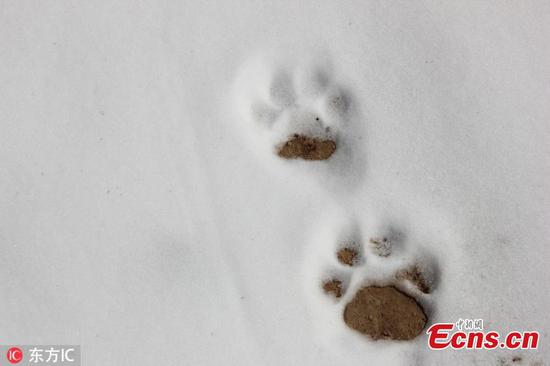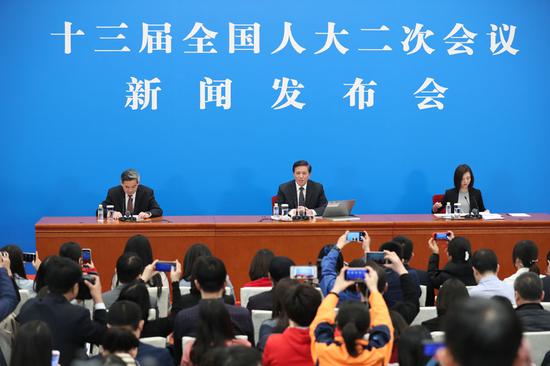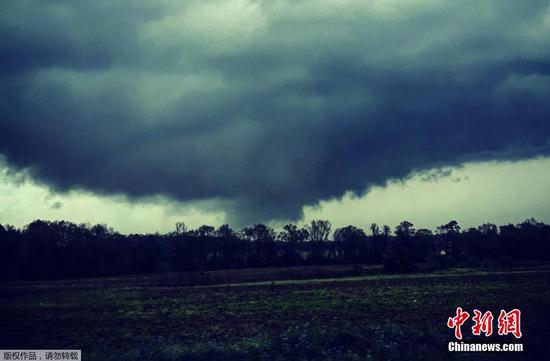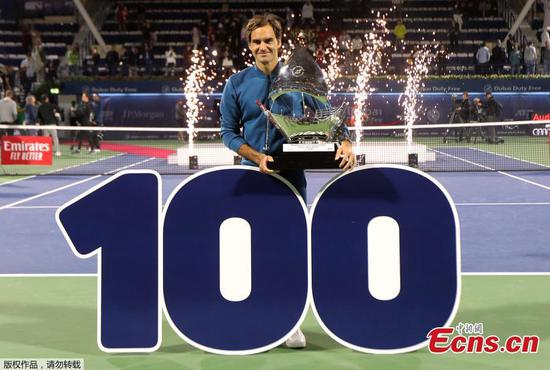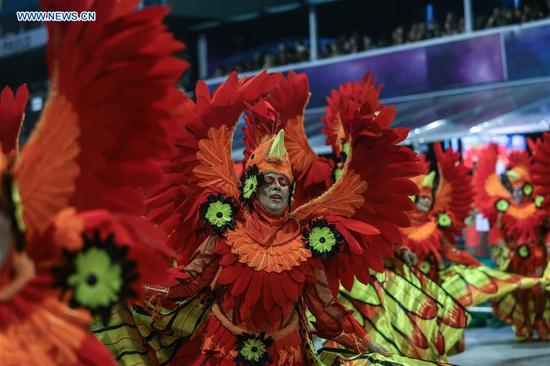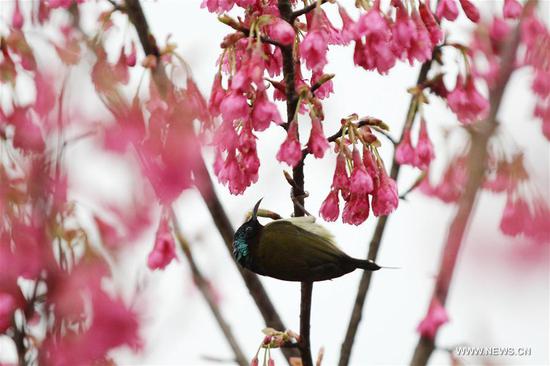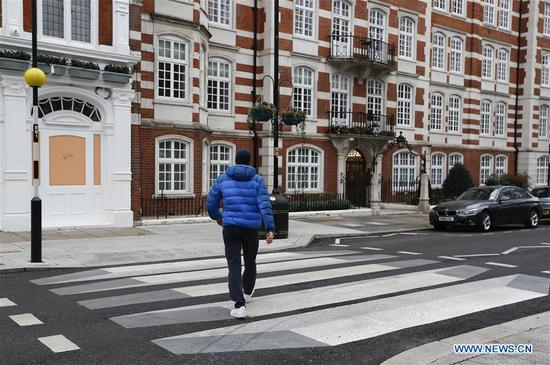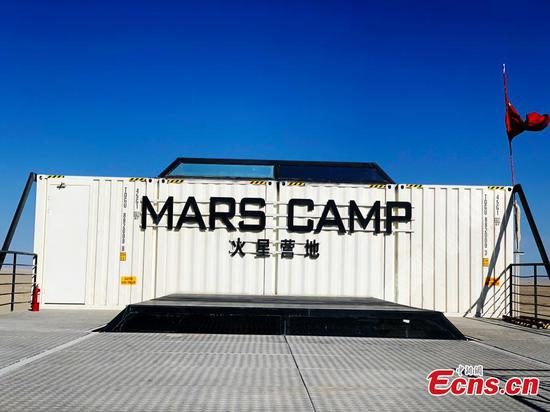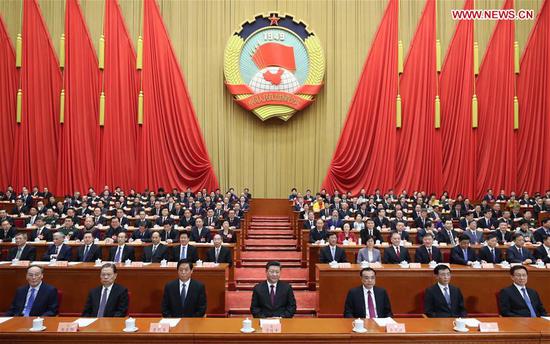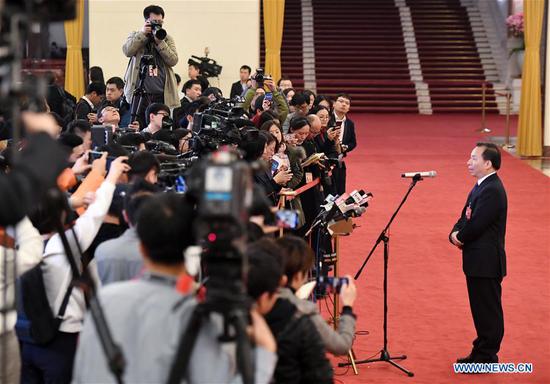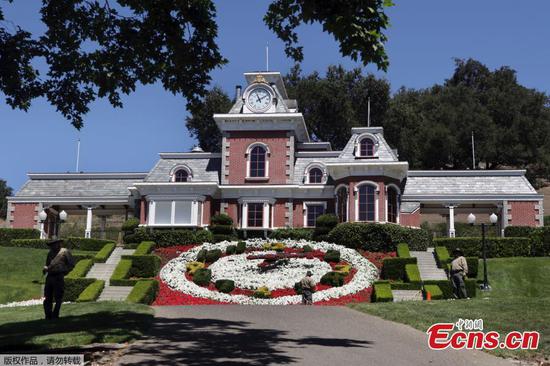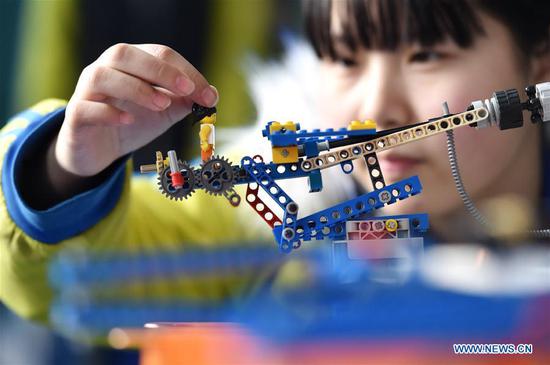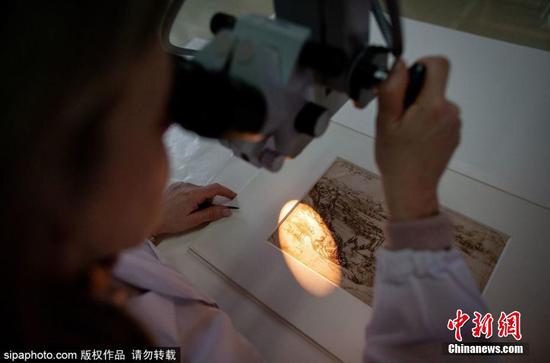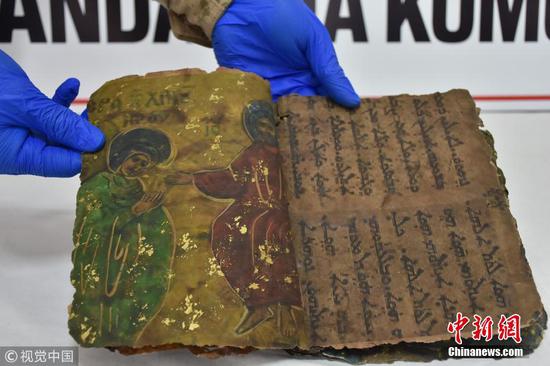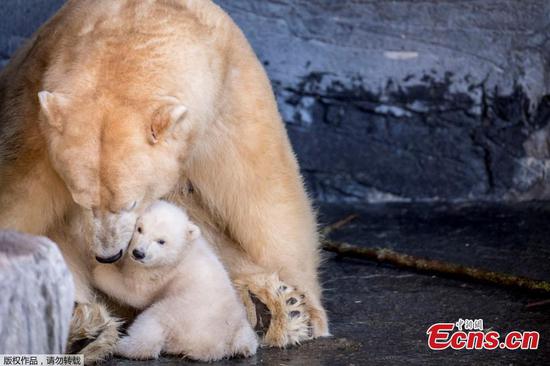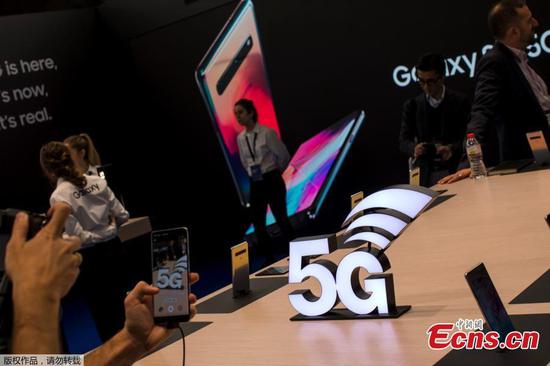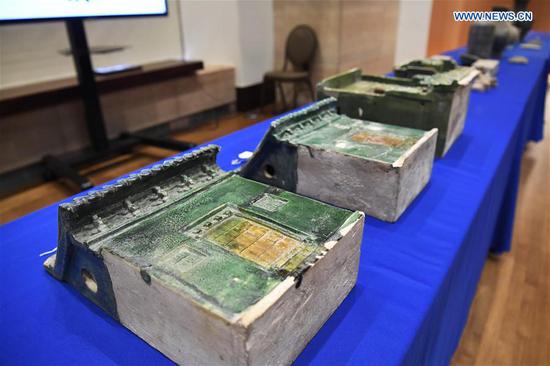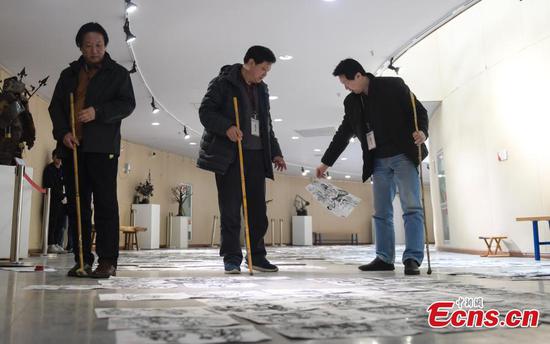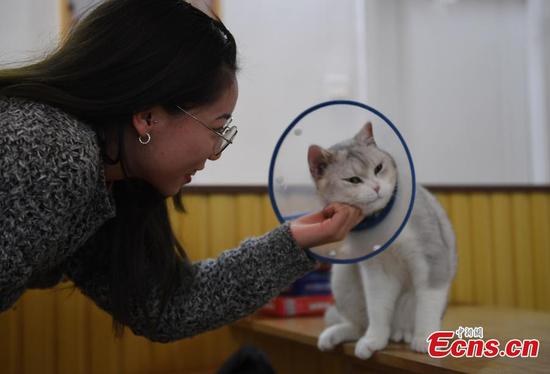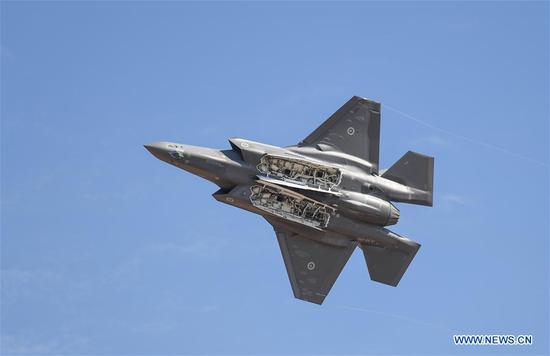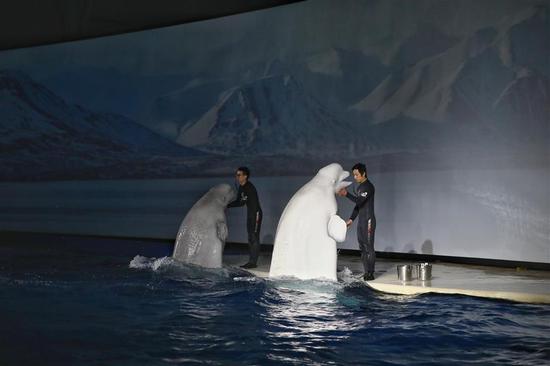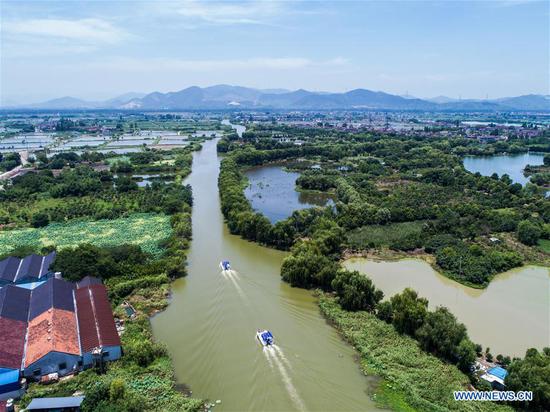Lawsuit may create more divergences in Ottawa, says observer
Huawei chief financial officer Meng Wanzhou has filed a civil lawsuit against the Canadian government for her arrest in Vancouver, which Chinese analysts say is an effective way to fight back and creates the possibility of resolving her case in Canada.
Meng filed a civil claim against members of the Canada Border Services Agency, the Royal Canadian Mounted Police, and the government of Canada, alleging serious breaches of her constitutional rights, her legal team said in a statement sent to the Global Times on Monday.
Meng is also seeking damages for malfeasance in public office and false imprisonment based on alleged multiple failures of Canadian government officials to comply with the rule of law in her detention, search and interrogation at Vancouver International Airport on December 1, 2018, the statement said.
Chinese Foreign Ministry spokesperson Lu Kang said at Monday's regular media briefing that China urged the U.S. to withdraw its arrest warrant and extradition request and Canada to release Meng immediately.
"The U.S. and Canada abused their bilateral extradition treaty and took compulsory measures against a Chinese citizen, which seriously violates the legitimate rights and interests of the Chinese citizen," Lu said.
Li Haidong, a professor at the China Foreign Affairs University's Institute of International Relations, said that the priority for Meng's team is to provide more evidence to the court that can prove the arrest and extradition violate judicial justice.
"If Canada believes in democratic constitutionalism, the voice of law should prevail over the voice of politics. As long as Canada upholds the supremacy of the law, it's possible to settle Meng's case in the country if Meng's team can provide more evidence," Li said.
Canada's Department of Justice issued an Authority to Proceed on Friday, formally commencing Meng's extradition process.
Xiang Ligang, an industry expert who has been closely following the matter, said, "It's an active move responding to the commencement of the extradition process of Meng."
"With or without Meng, Huawei will continue moving ahead. With this new civil claim, the extradition process will be prolonged, adding a chance to see more divergence in the Canadian administration on this case," Xiang said.
"I believe Meng's strategy will be very effective in countering the Canadian government's decision to proceed with the extradition process," Attorney Long Z. Liu, a lawyer licensed in California and by the U.S. Federal Court, told the Global Times on Monday.
If the Canadian Supreme Court finds that Meng's detention at the airport was in violation of her constitutional rights, this will undermine the entire extradition process, he noted.
Gary Botting, a Vancouver extradition lawyer who is not representing Meng, told Time magazine that Canada's Border Service Agency tends to overstep. "They took her under custody without telling her why," Botting said in the interview. "They disguised the real reason why they detained her. Her rights were violated."
Political act
Li stressed that Meng's case shows "political interference."
Canadian Prime Minister Justin Trudeau himself wants to follow the U.S., but he is also facing enormous pressure inside his country, he said.
Then Canadian ambassador to China John McCallum told the Star Vancouver in January that it would be "great for Canada" if the U.S. can drop the extradition request. McCallum was later asked to step down by Trudeau after making remarks that Meng had several strong legal arguments to fight extradition
Canada's judicial independence was also under question recently after Trudeau's former attorney general accused him of pressing her to seek a settlement of criminal charges against a Canadian company facing corruption charges. The former attorney general said she faced "veiled threats," BBC reported.
The worst possible outcome, Li said, is that the case cannot be resolved this year. The year 2020 is a U.S. election year. If Meng is extradited to the U.S. at that time, her case will become a hotly debated topic. "This will bring a negative influence on China-U.S. relations and even big trouble."










